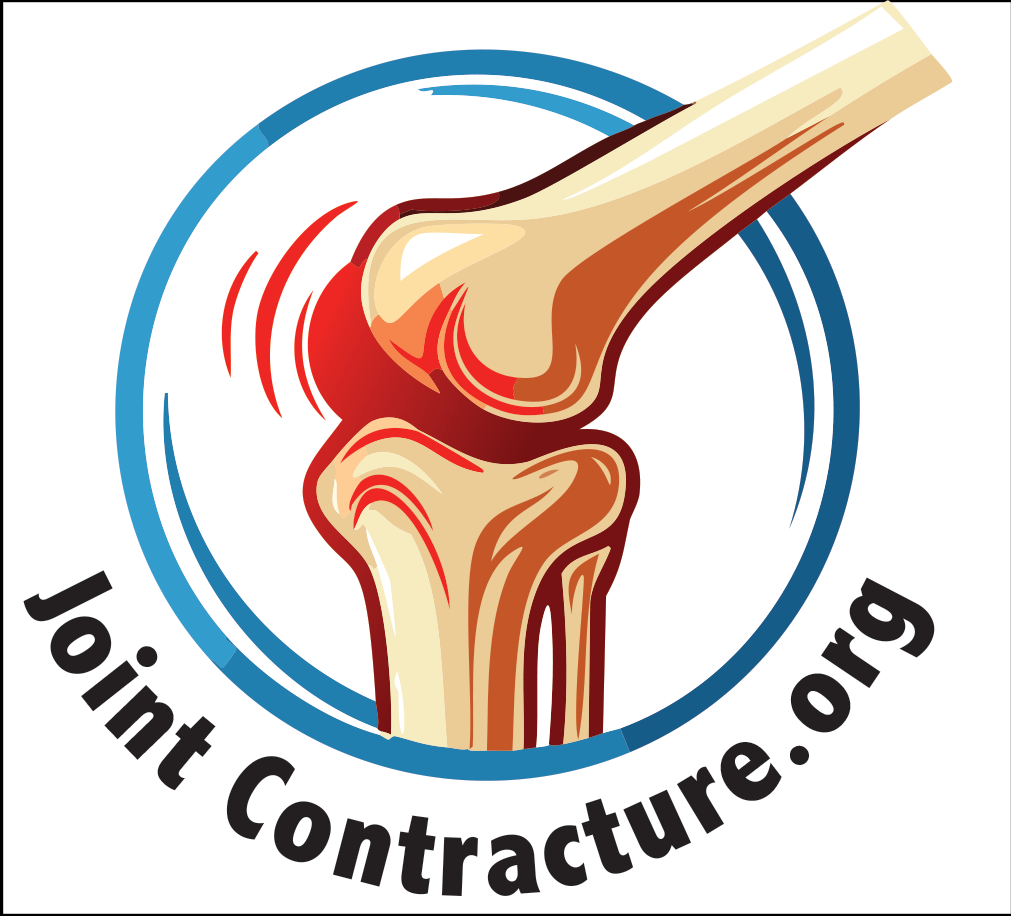Help Patients Avoid Surgery: Support a New Medicare Code for Ermi Flexionaters
To all patients,
If you or a loved one suffers from motion loss due to a stiff joint, you deserve access to the Ermi Flexionater—a proven, non-surgical solution to restore motion. But Medicare’s recent decision in January 2025 denies you this option, pushing patients toward risky and costly Motion Restoring Surgeries.
Medicare wrongly classified the Ermi Flexionater as a splint, ignoring evidence that it’s a non-electric, standalone, patient-powered hydraulic stretch assist machine. This decision means Ermi can’t afford to offer it to Medicare, Medicaid, or commercial insurance patients, leaving you without this non-surgical option.
Medicare’s Coding Committee has overlooked the urgent need for the Ermi Flexionater, a non-surgical solution that could spare you from Motion Restoring Surgeries costing Medicare $750 million annually (2015–2018). These surgeries carry serious risks, including infection and even death, yet Medicare continues to support them while wrongly classifying the Flexionater as a splint. Splints are rarely prescribed for joint contractures because doctors know they’re ineffective for this condition. By denying the Flexionater a unique billing code, the committee is limiting your access to a proven, safer alternative.
As you are aware, the Ermi Flexionater functions and operates differently from a traditional wearable splint. It functions through total limb management as opposed to managing just the involved joint, and it operates using a hydraulic mechanism that enhances your ability to apply a stretch to the limb. The Ermi Flexionaters allow for step-in-step-out usability, whereas the splint requires exact application with multiple Velcro straps.
Two Randomized Controlled Trials and 20 peer-reviewed journal articles support the use of ERMI stretch assist machines for treating joint contractures or motion loss due to a stiff joint. These articles further differentiate the ERMI Flexionater machines from stretch-assist splints and demonstrate their effectiveness in addressing motion loss problems. Yet, CMS claims there is no proof that they differ from splints, and they claim stretch assist devices are not proven.
Now, I understand that you are frustrated because the Ermi Flexionater is not available to you, despite having Medicare, Medicaid, and Commercial insurance. With your help, we can bring the ERMI system to you, making the HCPCS committee aware of the need and desire.
Let the HCPCS committee know you want an easy-to-use, nonoperative alternative to Motion Restoring Surgery with the Ermi Flexionater. Please sign this petition in support of a new and unique HCPCS code for the Flexionater, which will enable you to access it through your insurance.
Sincerely,
Thomas P Branch, MD, Emeritus FAAOS
CEO, Ermi


